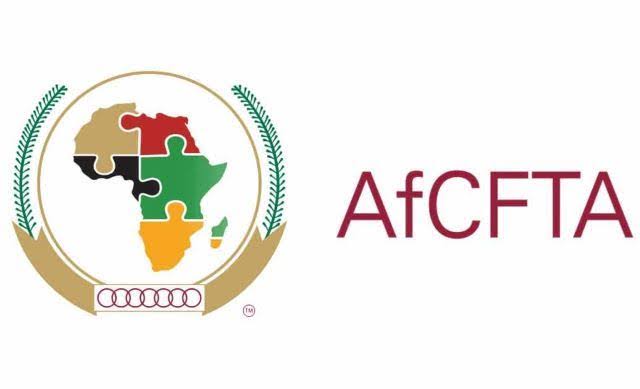News Investigators/ The African Development Bank (AfDB), the African Continental Free Trade Area (AfCFTA) Secretariat and Africa50 have signed a Memorandum of Understanding (MoU) to accelerate regional integration and promote digital trade across Africa.
The AfDB in a statement on its website said the tripartite pact was sealed at the Africa50 General Shareholders Meeting in Maputo.
It said the partnership would ensure cooperation in designing, constructing and maintaining critical infrastructure projects that would boost intra-African trade and unlock the full potential of the AfCFTA.
Solomon Quaynor, AfDB’s Vice President for Private Sector, Infrastructure and Industrialisation, said the agreement prioritised the development of multimodal transport corridors, logistics hubs, ports and airports.
According to Quaynor, this will reduce the cost of doing business across borders.
“It also seeks to harness the power of digital transformation by supporting the establishment of data centres and trade platforms that will enable African enterprises to compete in the global economy.
“The Bank has invested more than 55 billion dollars in regional economic corridors and power pools over the last nine years.
“Specifically, the Bank invested over eight billion dollars in 109 cross-border infrastructure projects between 2014 and 2024.
“The tripartite agreement underscores the paramount importance of realising the full potential of the AfCFTA single market with its combined annual GDP of 3.4 trillion dollars through transport infrastructure,” Quaynor said.
Alain Ebobissé, CEO of Africa50, said the collaboration would support the development and financing of trade-enabling infrastructure and boost intra-African trade on the continent.
The chief executive officer described the partnership as one of the continent’s greatest endeavours.
Wamkele Mene, Secretary-General of the AfCFTA, said infrastructure development was central to the successful implementation of the free trade area.
He added that the partnership was a wake-up call for Africa to invest more in institutions, infrastructure and skills to double intra-African trade to 25 per cent by 2030.
Under the MoU, the partners will operate on six pillars.
This includes ensuring alignment with the AfCFTA Agreement, mobilising innovative finance, identifying bankable projects, and integrating environmental and social standards in project implementation.
The three-year pact will be rolled out through joint work plans, technical working groups and specific agreements aligned with national and regional priorities.
NAN


